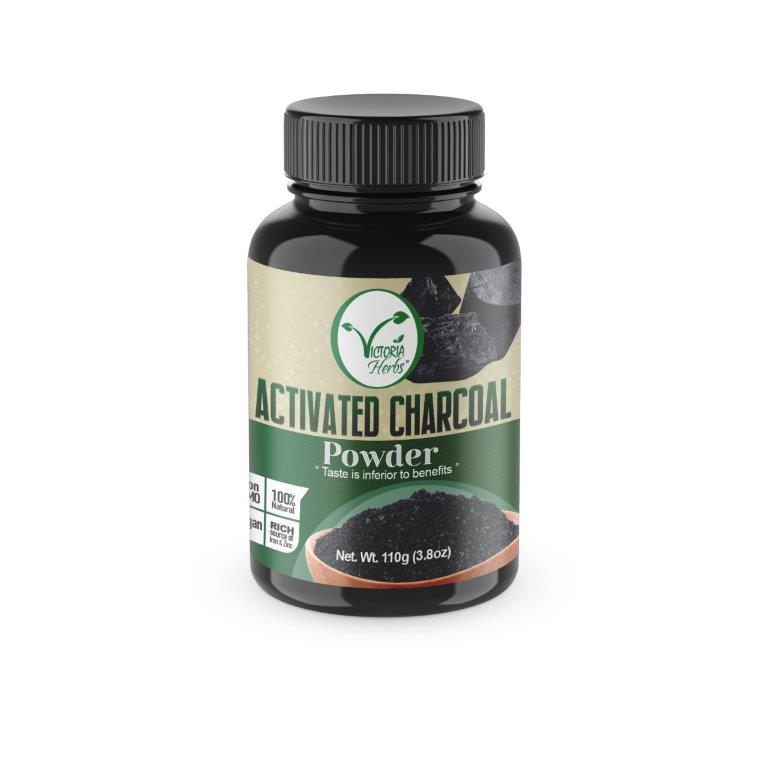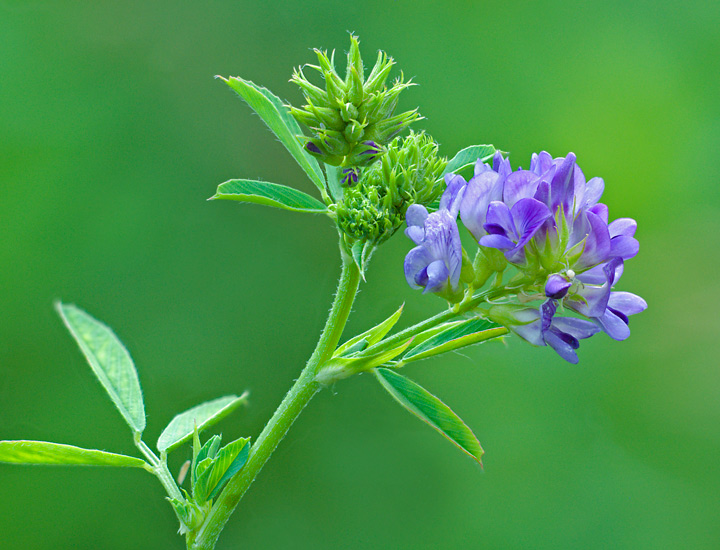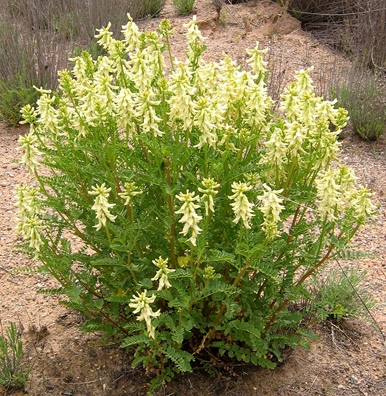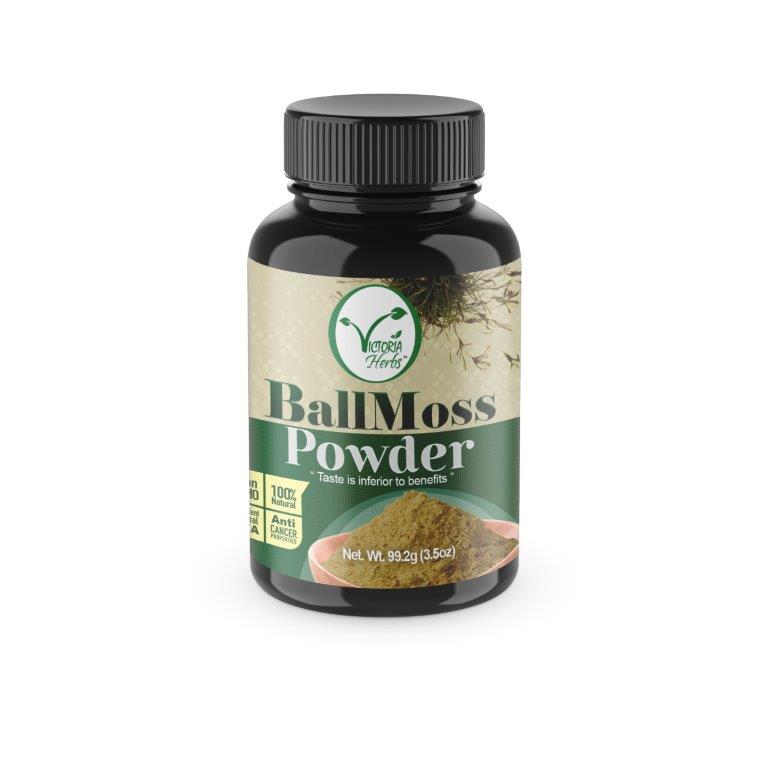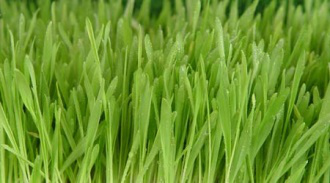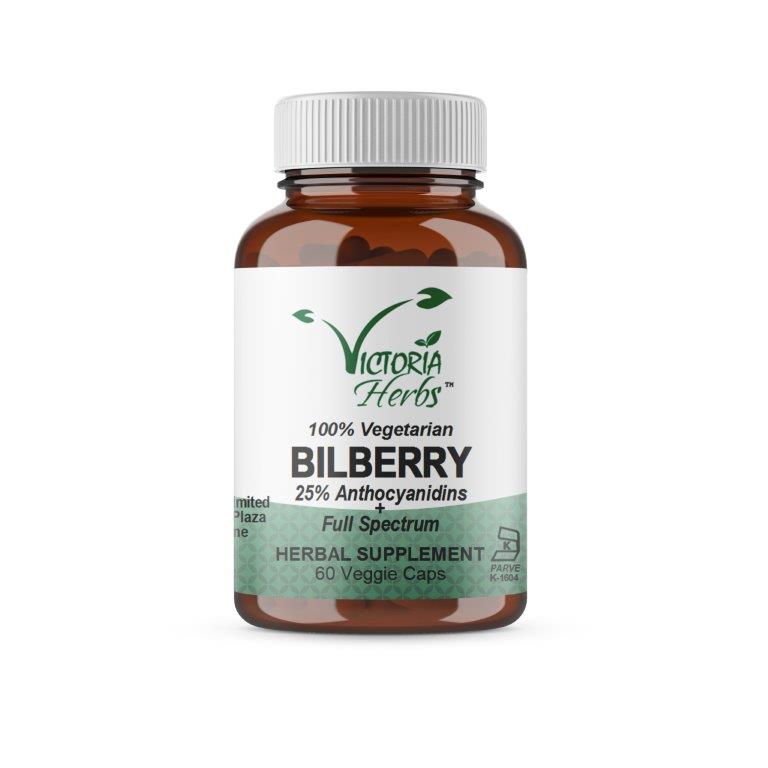Cat's Claw Bark Powder
-
$4.23
- Availability: In Stock
Botanical: Uncaria tomentosa Other common names: Una de Gato, Hawk's Claw, Samento, Rangayo, Garabato Amarillo, Jipotatsa, Chacruk Cat's Claw is an exotic gift from the Peruvian rainforests that is becoming widely recognized as a superior immune stimulant with antioxidant, antiviral and anti-inflammatory qualities, and that's just the beginning! It is said...
Botanical: Uncaria tomentosa
Other common names: Una de Gato, Hawk's Claw, Samento, Rangayo, Garabato Amarillo, Jipotatsa, Chacruk
Cat's Claw is an exotic gift from the Peruvian rainforests that is becoming widely recognized as a superior immune stimulant with antioxidant, antiviral and anti-inflammatory qualities, and that's just the beginning! It is said to be a "life-giving" tonic that cleanses the intestinal tract, supports healthy blood pressure levels, and new research promises many other surprises.
Country of Origin: Peru
Beneficial Uses:
Cat's Claw is considered an herbal anti-inflammatory agent that is thought to be good for all forms of arthritis, rheumatism and other inflammatory diseases. It is a rich source of sterols, the chemical compounds closely related to steroids, and the herb has been known to reduce swelling by approximately fifty percent in tests.
Long prized as a general tonic for its "life-giving" properties, Cat's Claw is considered to be one of the finest immune system stimulants, ranking among the upper tiers of other immune-boosting herbs. It is believed to effectively cleanse and detoxify the intestinal tract and replenish friendly bacteria. Most bowel diseases are the result of the disruption of the growth of beneficial flora, and without the proper balance, the immune system may be adversely affected. Consequently, Cat's Claw not only enhances the natural defense system, but it also is said to relieve the discomforts of intestinal disorders, such as diverticulitis, leaky bowel, colitis and dysentery.
Cat's Claw may be beneficial in supporting the cardiovascular system by promoting healthy blood pressure levels and slowing the heart rate. The alkaloid content is believed to relax and dilate peripheral blood vessels, lower cholesterol levels in the blood, restrict platelet aggregation (clotting), and may thus help prevent heart problems and arteriosclerosis. Some USDA research has claimed that Cat's Claw seeds contain an enzyme that may be instrumental in converting saturated fats into unsaturated fats, and further studies may substantiate more positive results.
Cat's Claw is said to possess antiviral and antibacterial properties and has demonstrated the ability to combat and speed up the ridding of cold viruses and mononucleosis; and its immune-stimulant effects allow it to fight the invasion of Lyme disease, combat sinusitis and skin diseases and to act against Helicobacter pylori, the bacterium associated with gastritis and peptic ulcers.
Cat's Claw is a potent immuno-stimulant and antioxidant that fights free radical damage and has been used to support the body during chemotherapy and radiation treatments, helping to remove toxic metabolites. Some preliminary studies in Italy say it stops the mutation of cells in long-term smokers and regulates the activity of white blood cells.
The herb is thought to decrease macrophages if they are overabundant and increase their number if they are deficient, a process that is believed to keep the body's natural antioxidants focused on unhealthy tissues, while not stimulating the body to produce more white cells that may damage healthy tissues. By stimulating the immune system, Austrian researchers have confirmed Cat's Claw's support for a body weakened by chemotherapy and allows some people to take the full course of chemotherapy needed, as well as possibly improving the outcomes of such treatments.
Contraindications:
Pregnant and nursing women should not take Cat's Claw, nor should people with autoimmune diseases, such as multiple sclerosis, etc. Those suffering from tuberculosis should avoid Cat's Claw. It should always be taken with at least six ounces of water to maintain its efficacy. Do not take Cat's Claw without talking to your doctor first if you are taking: Blood thinning medicine (examples: warfarin, aspirin, enoxaparin).
Cat's Claw should not be used by organ transplant patients or anyone with an autoimmune disease, children under three years of age or by skin graft patients. There have been reports that Cat's Claw may lower hormone levels, such as estrogen and progesterone.



